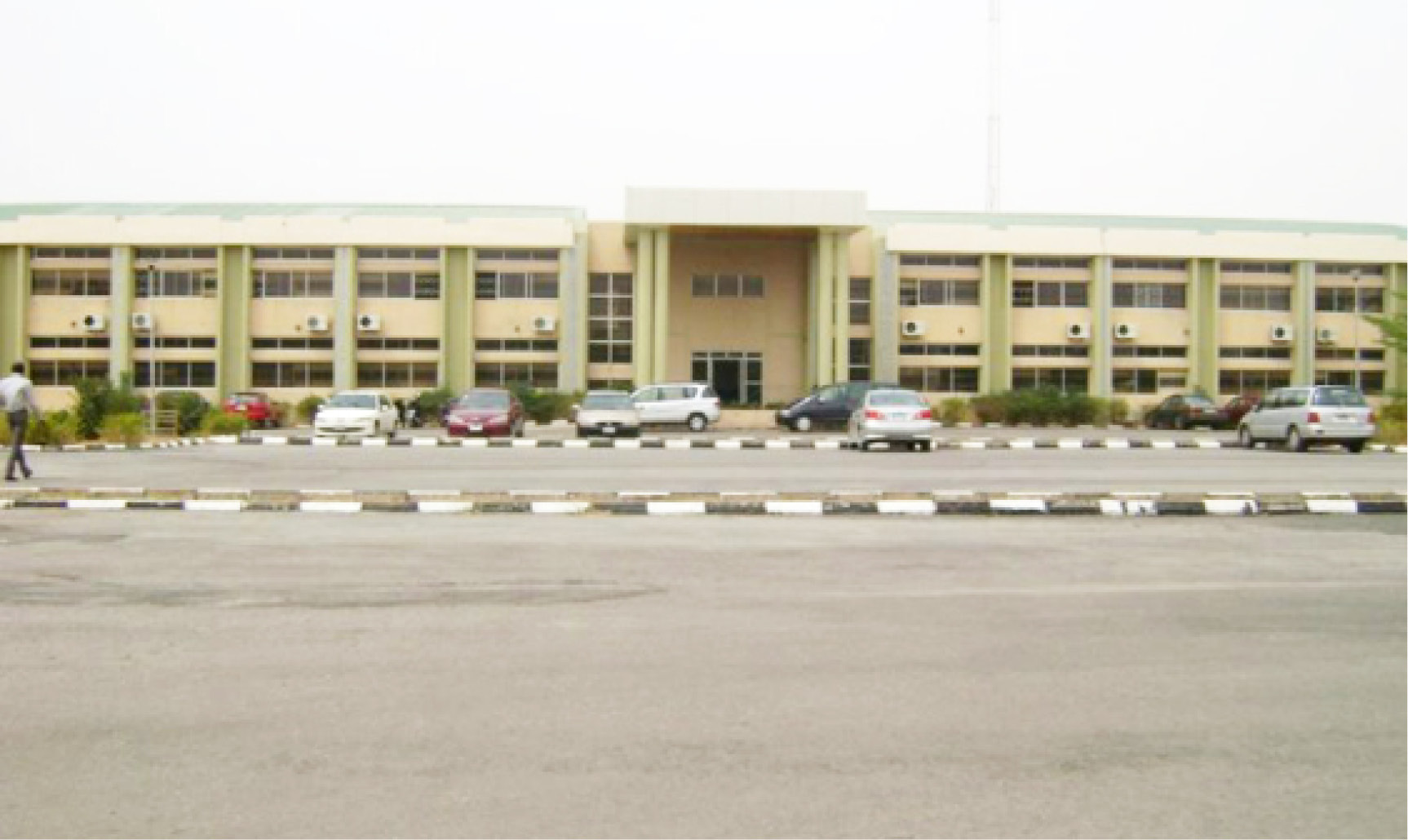NITT can build made in Nigeria cars – Amaechi
The Nigeria Institute of Transport Technology, Zaria was established in 1986 to build capacity in transport management and development. During a recent visit to the institute, the minister of transport, Chibuike Amaechi challenged them to develop a made in Nigeria car. But how feasible is this? During a recent visit to the Nigerian Institute […]

Nigeria Institute of Transport Technology, Zaria
The Nigeria Institute of Transport Technology, Zaria was established in 1986 to build capacity in transport management and development. During a recent visit to the institute, the minister of transport, Chibuike Amaechi challenged them to develop a made in Nigeria car. But how feasible is this?
During a recent visit to the Nigerian Institute of Transport Technology (NITT), Zaria, Minister of Transport Chibuike Amaechi was impressed by the facilities he saw; hence he thinks it has the capacity to build cars.
“The NITT has all it takes to design a made in Nigeria car – from design to engine and body,” he said.

He seemed convinced by this belief that he said government could create a patent for the NITT, and promised to assist the institute attain the status of a university, subject to the approval of the National Universities Commission.
“I am satisfied with the facilities I saw here; all the institute needs is just governance. In terms of equipment, they are doing well.
What the Federal Government has done is to ensure that areas where you have infrastructures are properly funded. But they need to show that they are not only able to transfer knowledge, but also to supervise the trainees so that we can create employment,” he said.
This is no surprise considering that with the COVID-19 pandemic, recession and sharp decline in crude oil revenues, federal and state governments have begun to look inwards to other sources of revenue.
Experts believe the NITT holds huge potentials that could turn around the nation’s economy, if fully harnessed, supported and funded.
Established in 1986 by Decree No 6 of March 14 (now CAP 116 of the Federal Laws of Nigeria), with head office in Basawa, Zaria and branches in 10 states of the federation, the NITT’s mandate is to serve as a transport management, development and research institute for Nigeria and the West African sub-region.
It boasts of state-of-the-art transport and training facilities, well-trained professionals, energetic and hardworking staff and a serene environment for both learning and enterprise development, amongst others.
Recently, the institute established an Intelligence Transport System (ITS) unit in Vienna, Austria, to trace the movement of stolen vehicles from Nigeria.
It also established new departments and affiliated the institute’s postgraduate programmes to the Ahmadu Bello University (ABU), Zaria to cater for students who might be unable to come to Zaria.
The establishment of the programme means that other employees in the transport and logistics industry could build their capacities and obtain Certificate in Transport and Logistics (CTL) diploma in Transport and Logistics (DTL) and advanced professional diploma in Transport and Logistics (PDTL).
The director-general/chief executive officer of the institute, Dr Bayero Salih Farah, said the NITT had made substantial investment to improve transport management and development in the country.
“Our stock-in-trade is the knowledge we give; and for us to give the knowledge, we have to have the knowledge. It is on our front burner to develop staff capacity. Every year, our members of staff are entitled to training programmes in-house and externally to enhance their capacity and to be motivated to give their best. Just as we focus on the provision of facilities, we also focus on improving the staff through continued training and development,” he said.

Like most government establishments, NITT’s major challenge is funding, especially considering the range of capacity building it is expected to do.
The second challenge is the need to provide state-of-the-art faculty that is properly trained in the best institutions in the world to compete favourably within and outside Nigeria.
Considering that transport education is relatively new in this country and the NITT is a pioneer institute in this field, as such, it is saddled with the responsibility to provide the nucleus of the faculty in the logistics and transport industry, right from the beginning. Its reliance on foreign institutions for support in this regard is a challenge.
But Dr Farah said the institute was aware of the challenges and is doing everything possible to overcome them.
“We are proud to say that we have the capacity to meet substantial needs of the transport industry in Nigeria, which indeed is our mandate,” he said.
One of those mandate, as Amaechi hinted, is to develop a made in Nigeria car. To meet this challenge, the institute’s Governing Council, led by Olorogun John Onojeharho, is exploring all avenues to make the institute self-sustaining, improve staff welfare, enhance performance and generate revenue for the government by making it a world standard organisation.
“As a council, our major focus is to achieve visibility for the NITT. For the past 20 years, no minister has visited the NITT, but in the first one year of our appointment, we had the minister visit the organisation. So he knows and has seen what we have here. And that would make him to support us when we make presentations or require his assistance in terms of training personnel, both from the ministries, agencies and industries.
We have also started a major exposition in rail. We need to train the manpower, not only to operate the systems, but also to ensure that we have proper mechanics,” he said.
